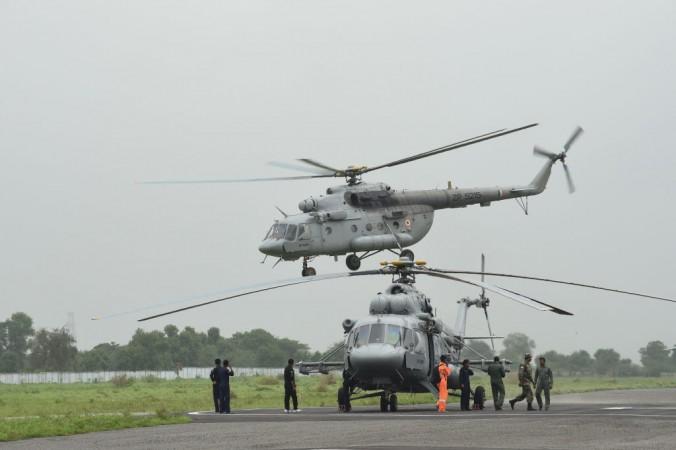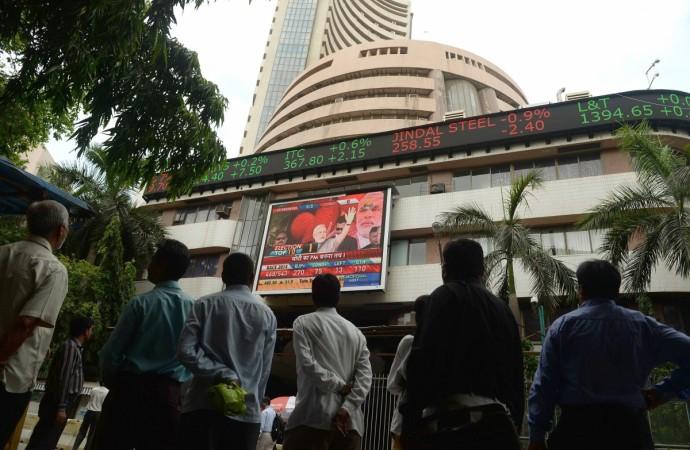
The markets have reacted sharply to the pre-dawn Indian Air Force (IAF) surgical strikes across the line of control (LoC) with Bombay Stock Exchange (BSE) benchmark index Sensex shedding about 350 points at the start of the day. The National Stock Exchange (NSE) Nifty50 lost 100 points, before pulling back a little bit.
Going forward, the market is likely to react cautiously waiting for the turn of geopolitical events, watching for the responses of all major players, according to observers. Traders are also closely watching the international reaction to the strikes.
A brief pullback could have been aided by Pakistan's initial reaction of playing down the attacks carried out by 12 Mirage 2000 ground attack aircraft. Pakistani authorities have said the intruding Indian aircraft turned back after Pakistani Air Force (PAF) scrambled fighter jets and escaped after offloading payload in vacant areas without causing any casualties.
The markets were on edge over the weekend after Prime Minister Narendra Modi's promise of retaliation to avenge the Pulwama terror attack that killed scores of Indian paramilitary troopers on February 14.
The market jitters returned as the session progressed with Sensex tumbling 460 points to dip to 35,753 points and Nifty slumped to 139 points to go a shade below 10,750. About 1,373 shares across sectors declined against 330 advances, showing the market panic.
The market has been choppy after the Pulwama attack which India blames on Pakistan-based Jaish-e-Mohammed led by Masood Azhar.
A decision of the company law board in a meeting on February 25 to approve an increase of limits from 24 percent to 74 percent in a company for foreign portfolio investors (FPIs)/foreign institutional investors (FIIs) was expected to have a positive market impact but the news of the surgical strike has gone hit the market hard.
The Indian rupee has also slipped in the early trade opening lower by 28 paise at 71.26 against the dollar versus the previous close of 70.98.
The oil prices have also edged higher, after a 3 percent tumble in the previous session when US President Donald Trump called on Organization of Petroleum Exporting Countries (Opec) to take steps to ease the prices.


















